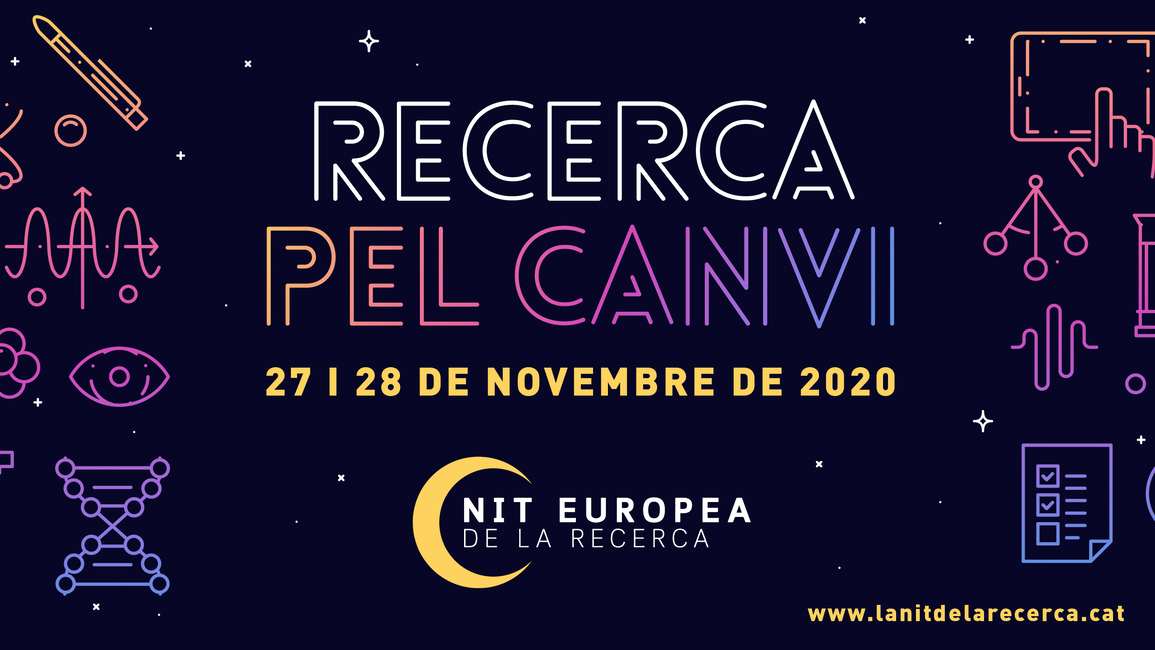The European Night of Research in Catalonia rises with more than 250 activities
Participation of the Josep Carreras Leukaemia Research Institute in the European Research Night, with micro-talks on Cancer Epigenetics, Aging and Leukemia, among a large number of online scientific activities for all audiences.

For the third year in a row, the dissemination event of the European Research Night, which will take place on 27 and 28 November, is being held in Catalonia. In this edition, the Josep Carreras Leukaemia Research Institute, together with more than 50 scientific entities from all provinces organize talks, workshops, games, experiments and many other activities for all audiences.
The European Research Night is a public event dedicated to the dissemination of science that is held every year in more than 300 cities in 30 European countries at the same time. Its aim is to bring research and its protagonists closer to the public of all ages and to make research and innovation known in a smooth and fun way.
Every year, this event is held on the last Friday in September, although its popularity makes it extend over the previous days and weekends. This edition, however, due to the pandemic, has been postponed for two months. For the same reason, most activities have been adapted to online format to reach everyone in the safest and most comfortable way possible.
Among the various activities of the Barcelona node, coordinated by the Barcelona Institute of Global Health (ISGlobal), a center promoted by the “la Caixa” Foundation, and the Catalan Association for Scientific Communication (ACCC), as the coordinating body for all the nodes of Catalonia, we will find more than 60 micro-talks given by researchers on topics as diverse as the brain, intelligence, molecular science, therapies, genetics, environment or pedagogy. Among these activities, we highlight the participation of three researchers from the Cancer Epigenetics Group, led by Dr. Manel Esteller, with the following micro-talks:
Dr. Gerardo Ferrer: “Aging and Leukemia”.
Alberto Bueno: "How is Cancer Transformed?"
Vanessa Ortiz: “Epigenetics and Epitranscriptomics of Cancer”.
For its part, the University of Barcelona, through its Scientific Culture and Innovation Unit (UCC + i), will offer a wide range of virtual Scientific Cafés where the current pandemic will be discussed with a multidisciplinary perspective.
Check the program on the website lanitdelarecerca.cat. and don't miss it!